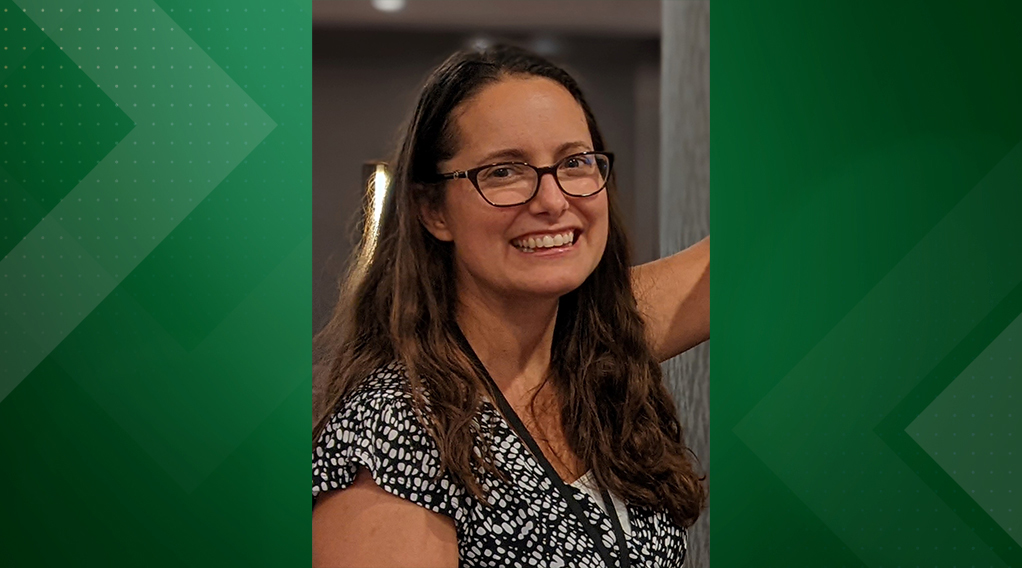CSM Nursing Professor Lisa Gonzalez Earns 2025 Nurse Educator Doctoral Grant, Co-Authors Published Paper

College of Southern Maryland (CSM) Nursing Professor Lisa Gonzalez has been awarded the 2025 Nurse Educator Doctoral Grant for Practice and Dissertation Research by the Maryland Higher Education Commission. This attainment is the latest in a succession of achievements Gonzalez has accomplished in recent months.
She also recently co-authored a research project printed in the peer-reviewed Journal for Nurses in Professional Development. The fall article, “Promoting Safe Practice in New Graduate Nurses: The Key Role of Support,” reported on research that examined how registered nurses in practice develop clinical judgment in new graduate nurses (NGNs) and how they respond.
“Preparing our new graduates for practice can be challenging thus the academic-practice gap,” Gonzalez said. “We wanted to better understand the experience of new graduate nurses developing clinical judgment as they transition into practice.”
The other authors of the nursing article are Ann Nielsen, clinical associate and Professor Emerita at Oregon Health & Science University; Kathie Lasater, Professor Emerita at Oregon Health & Science University; Janet Monagle, clinical professor at Northeastern University; and Nursing Professor Mary Ann Jessee from Vanderbilt University School of Nursing. Together, the group emailed a survey practicing registered nurses at nine U.S. healthcare systems and there were 314 detailed responses from 19 states, which were analyzed for the research paper.
This research paper “may be useful to us as many of the strategies are utilized in academia, and so we have more clarity on some of the challenges and opportunities our students may face in the future,” Gonzalez said.
Clinical judgment is the interpretation or conclusion about a patient’s needs, concerns, or health problems, and the decision to take action (or not), use or modify standard approaches, or improvise new ones as deemed appropriate by the patient’s response, she wrote in her analysis. Clinical judgment is complex, requiring awareness and understanding of the reasoning processes involved, and develops over time with intentional teaching approaches, she continued.
Several factors were noted in supporting NGNs’ ongoing development of clinical judgment, including establishing an emotionally safe environment for NGNs, fostering positive relationships between more experienced nurses and NGNS, and normalizing continued learning.
The importance of using cognitive-focused teaching and learning strategies was explored, including mentoring thinking, debriefing/reflection, and real-life scenarios. In another category, NGNs described how they respond to strategies and feedback. The paper stated that the majority of NGNs view feedback and teaching strategies as learning opportunities to improve clinical judgment.
“Together, support and teaching strategies can catalyze NGN engagement in continued learning, build confidence, and improve capacity to provide, safe, effective care using sound,” clinical judgment, the authors concluded.
You may also be interested in reading "Nursing Professors Kathy Parsons and LIsa Gonzalez Excel with Nurse Support Program; Recognized for Leadership."
For more information about CSM’s nursing program visit https://www.csmd.edu/programs-courses/program-finder/nursing/index.html.
 my.CSMD
my.CSMD